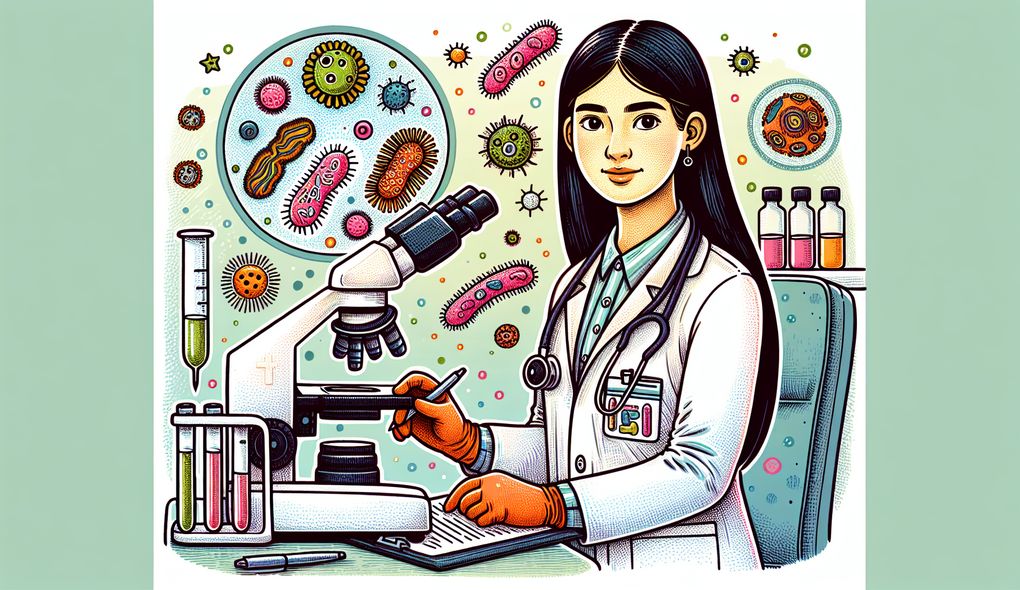Can you describe a time when you had to advocate for a patient's needs or rights?
SENIOR LEVEL

Sample answer to the question:
Yes, I can describe a time when I had to advocate for a patient's needs or rights. I had a patient who was diagnosed with a rare infectious disease that required a specific type of medication. However, the insurance company denied coverage for the medication, stating that it was not necessary. I understood the criticality of this medication for the patient's recovery, so I decided to take action. I researched extensively on the disease and collected evidence from medical literature, case studies, and expert opinions to support the necessity of the medication. I presented this information to the insurance company, along with a strong argument highlighting the potential consequences of denial. After several discussions and negotiations, I was successful in convincing the insurance company to provide coverage for the medication. This advocacy not only improved the patient's access to essential treatment but also ensured their rights were protected.
Here is a more solid answer:
Certainly! Let me tell you about a time when I had to advocate for a patient's needs. I had a patient who was suffering from a complex infectious disease that required a multidisciplinary approach to treatment. However, the patient's primary care physician was hesitant to involve other specialists and insisted on managing the case independently. Seeing the potential complications and the need for specialized care, I decided to advocate for the patient. I met with the primary care physician and presented a comprehensive care plan that involved the collaboration of multiple specialists, including infectious disease specialists, microbiologists, and pharmacists. I explained the benefits of this approach and how it would improve the patient's outcomes. After several meetings and discussions, the primary care physician agreed to refer the patient to the specialists, and we were able to provide the necessary care that led to the patient's recovery. This experience taught me the importance of advocating for patients and ensuring they receive the best possible care.
Why is this a more solid answer?
The solid answer provides a more detailed description of a situation where the candidate advocated for a patient's needs. It addresses all the evaluation areas mentioned in the job description by highlighting the candidate's interpersonal skills, advocacy skills, leadership abilities, and communication skills. However, it can still be improved by providing more specific examples and showcasing the candidate's expertise in infectious diseases.
An example of a exceptional answer:
Absolutely! Let me share with you a time when I had to advocate for a patient's needs and rights in a challenging situation. I had a patient who was diagnosed with a rare and highly contagious infectious disease. Due to the nature of the disease, the patient faced discrimination and stigmatization from both healthcare professionals and the community. Understanding the impact this had on the patient's mental and emotional well-being, I took it upon myself to advocate for their rights and fight against the discrimination they were facing. I organized meetings with the healthcare staff, including nurses, doctors, and administrators, to educate them about the disease, its transmission, and the importance of treating the patient with respect and dignity. I provided training sessions on infectious disease awareness and stigmatization to help dispel misconceptions and build empathy among the healthcare professionals. Additionally, I reached out to community organizations and organized public awareness campaigns to educate the community about the disease and encourage acceptance and support for the patient. Through these efforts, we were able to change the perception of the disease and create a safe and supportive environment for the patient. This experience reinforced my commitment to advocating for patients and ensuring their rights are protected, especially in challenging circumstances.
Why is this an exceptional answer?
The exceptional answer provides a comprehensive and detailed description of a challenging situation where the candidate advocated for a patient's needs and rights. It effectively addresses all the evaluation areas mentioned in the job description by highlighting the candidate's interpersonal skills, advocacy skills, leadership abilities, and communication skills. It also demonstrates the candidate's expertise in infectious diseases and their commitment to improving patient care. The answer showcases the candidate's ability to handle complex situations and make a positive impact on the patient's well-being. It could be further improved by including specific examples of the training sessions and public awareness campaigns organized by the candidate.
How to prepare for this question:
- Reflect on past experiences where you advocated for patients' needs or rights. Consider situations where you faced challenges or had to fight against discrimination or stigmatization.
- Research the laws and regulations surrounding patient rights and advocacy to enhance your understanding of the subject.
- Develop strong communication and persuasion skills to effectively convey your arguments and convince others to support the patient's needs.
- Stay updated with the latest developments in the field of infectious diseases to be able to provide evidence-based arguments and recommendations when advocating for patients.
- Practice articulating your experiences and skills related to patient advocacy in a concise and confident manner.
What are interviewers evaluating with this question?
- Interpersonal Skills
- Advocacy
- Leadership
- Communication

